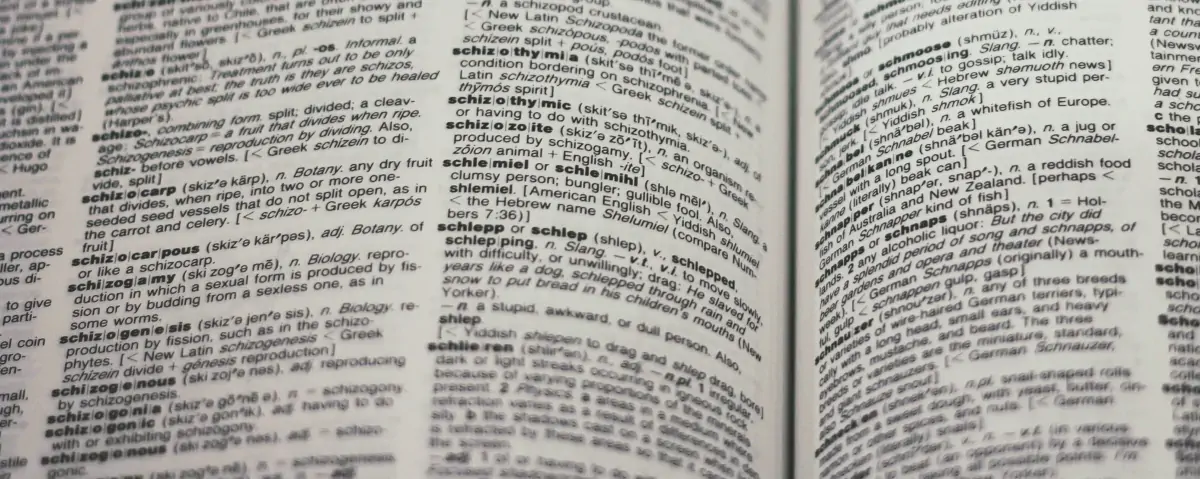Passion and Compassion: the differences
The English language nouns Passion and Compassion have related meanings, but they are different, as I shall explain, using British English examples. Passion is a strong emotional feeling, which can be romantic or a compelling liking for something, or an overwhelming interest in something, such as a…
Continue reading...